- Jill Craig
- Seyi Falodun-Liburd
- Katie Hunt
- Tess Pendle
- D.P Strickland
By Rebekah Lattin-Rawstrone
We are delighted to announce the winners of this term’s City Writes competition. City Writes is the showcase event for all the brilliant writing coming from City’s creative writing short courses and we have a fantastic line up for you this term on Wednesday 27th March at 7pm.
Reading at the event alongside published Novel Studio alumni Laurence Kershook and Katharine Light, our competition winners are: Jill Craig, Katie Hunt, Seyi Falodun-Liburd, Tess Pendle and David Strickland. Read on to find out more about our winners.
Current Novel Studio student, Jill Craig is originally from Northern Ireland, but currently lives and works as a secondary teacher in the North-West. She has lived in Greece and France and thinks often of going abroad again. An avid reader, she has published several short stories, with Freckle, Egg & Frog and Literally Stories, and is working on the first draft of a novel.
Narrative Non-Fiction student Katie Hunt has been a journalist for more than two decades, working for several international news organisations including Reuters and BBC News. She lived in Asia for more than ten years, with stints in China, Hong Kong, Taiwan and Thailand. For the past four years, she has covered science and health for CNN in London. She hopes to write a non-fiction, popular science book about human origins focused on the latest discoveries in Asia.
Seyi Falodun-Liburd is a Nigerian campaigner and organiser from London. She is currently co-director of Level Up, a feminist campaigning community working towards a world where people of all genders are loved and liberated from bodily and systemic violence. She is also a member of Project Tallawah, a community resource for Black and Global Majority women and gender-expansive people in the UK. Seyi is a fledgling writer and Narrative Non-Fiction student who has written about gender-based violence for iNews, gal-dem and Refinery29.
Tess Pendle is a Narrative Non-Fiction student. After working for many years as a broker at Lloyd’s of London, Tess decided to contribute to a social project. She moved to Burkina Faso, where she worked for three years with a local women’s organisation to develop a microfinance programme supporting female entrepreneurs. On her return to the UK, she set up and managed both a national not-for-profit credit business and a £100 million government fund to invest in social enterprises. Tess is currently self employed and lives in Chelmsford with her partner.
An alumnus of the old Towards Publication course, now called Writers’ Workshop, D.P. Strickland is a neurodivergent writer with an MA in Creative Writing from UEA, whose work has previously appeared in anthologies and journals. He is particularly interested in underrepresented perspectives in fiction and recently completed a novel about a fundamental religion based on his own childhood experience. He lives in London and can be found on Instagram.
Now you know more about our winners, don’t forget to sign up for the event on Wednesday 27th March at 7.30pm on Zoom. You’ll be treated to stories of sticky summer heat, discoveries of ancient jaw bones, the disappointment of a young boy never quite right for the popular crowd and an exploration of the politics of our daily choices. All this alongside readings from our published authors, Laurence Kershook and Katherine Light. It’s going to be brilliant.
Register for tickets here and see you there.
And if anyone wants to come along and find out more about our writing courses, we are running a free taster session and open evening the night before City Writes. See here for more information about how to register.



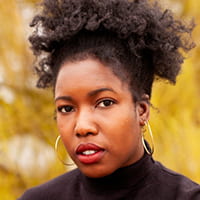
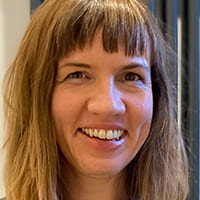





 Studying can become very time-consuming. Make sure you also get enough sleep, eat well and exercise. Meditation or mindfulness techniques can also be very beneficial. Take reguar breaks and allow yourself time to recharge to prevent burnout and maintain your overall well-being
Studying can become very time-consuming. Make sure you also get enough sleep, eat well and exercise. Meditation or mindfulness techniques can also be very beneficial. Take reguar breaks and allow yourself time to recharge to prevent burnout and maintain your overall well-being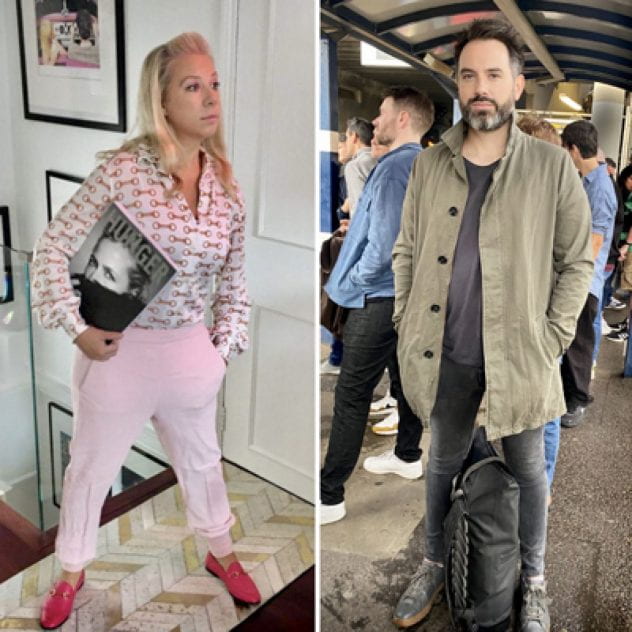





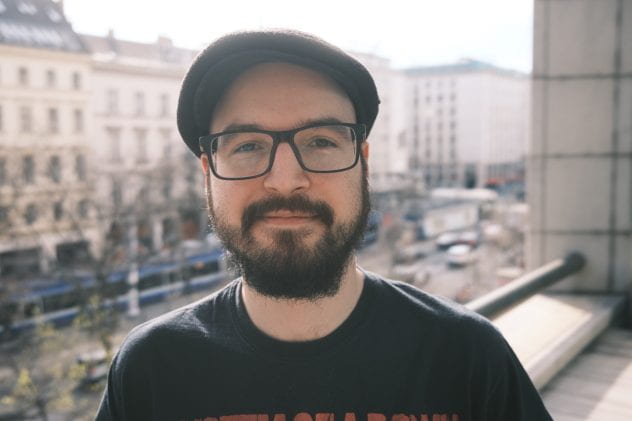


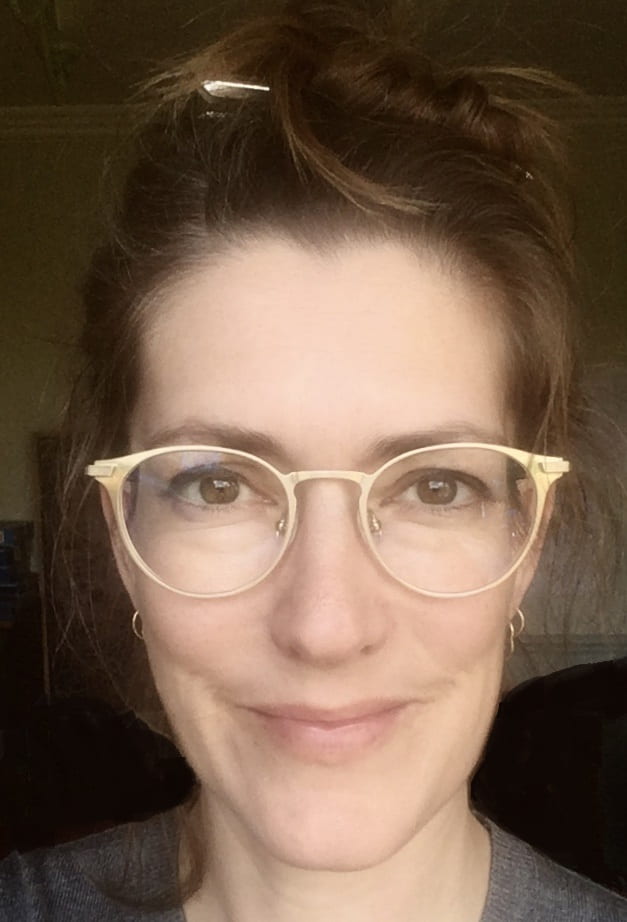

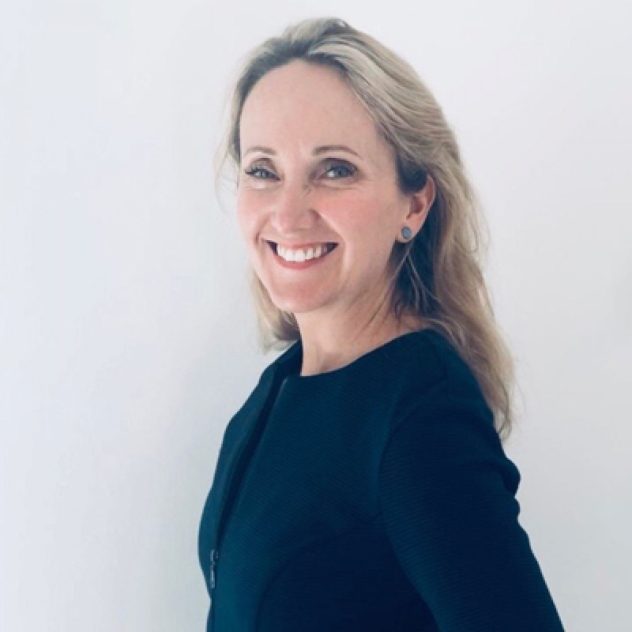













Recent Comments